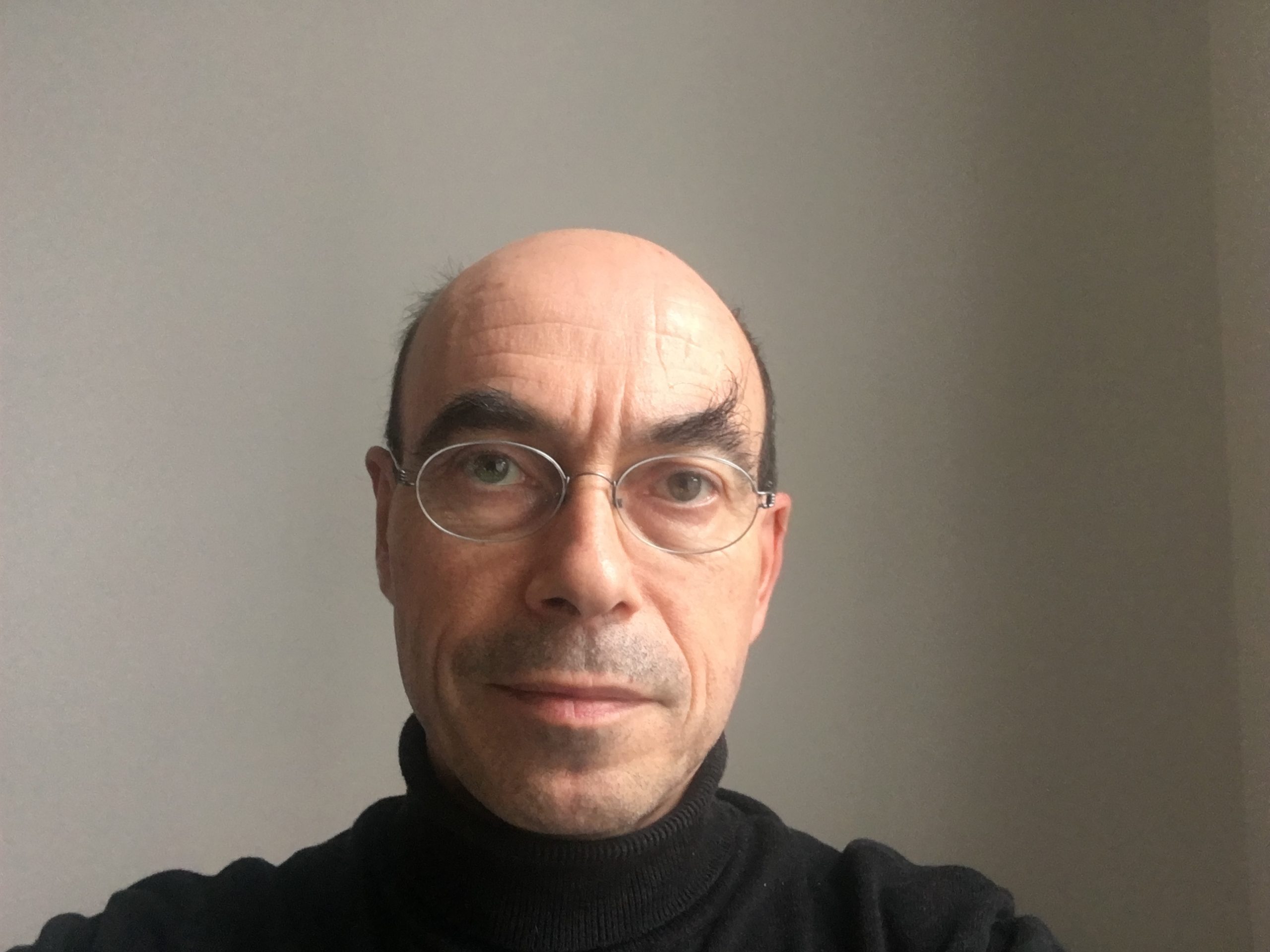During Education Day 2017, Anton Akhmerov, Pieter Bots, Pasquale Cirillo and Kevin Cowan were appointed TU Delft Education Fellows. Each fellow receives € 50,000 to carry out an educational project on innovation. In the first of a series of their projects, we today look at Dr Pieter Bots (TPM).
Pieter Bots of the faculty Technology, Policy & Management (TPM) aims to gain a better understanding of how students experience peer feedback and peer appraisal as part of their academic education. Five years ago, Bots developed the ‘project relay’ method to help students develop computational skills by individually and repeatedly iterating through a six step modelling cycle.
In the successive steps of the relay, students:
- receive the work done by a predecessor;
- review this work;
- provide constructive criticism and mark it;
- improve the work;
- expand it with ‘their step of the modelling cycle’; and
- hand it over to their successor.
According to Bots, students find it difficult and stressful to mark the work of their fellow students. “They feel as if the ‘rules of the game’ invite them to behave strategically,” writes Bots in his project proposal. “This feeling persists even when students experience that the system indeed provides effective protection against unfair appraisal.”
Bots will employ student assistants as interviewers
Since peer appraisal is crucial for his methodology, Bots wants to understand how students perceive this project relay, in particular the peer review and appraisal process. “Evaluation questionnaires only provide indicative insights,” he writes. “There is hardly any literature about the psychological dimension of peer appraisal in academic education.”
To this end, Bots will employ student assistants as interviewers to better understand how peer review processes affect the motivation and appreciation of participants. He will also seek out colleagues working with peer review at other faculties and will contribute to the scientific literature on engineering education.
Bots will extend the application to TPM-MOOCs (massive open online courses), initially for the Creative Problem Solving and Decision Making MOOC and later on to Responsible Innovation: Ethics, Safety and Technology, and The Next Generation of Infrastructures.
Do you have a question or comment about this article?
c.j.c.vanuffelen@tudelft.nl


Comments are closed.